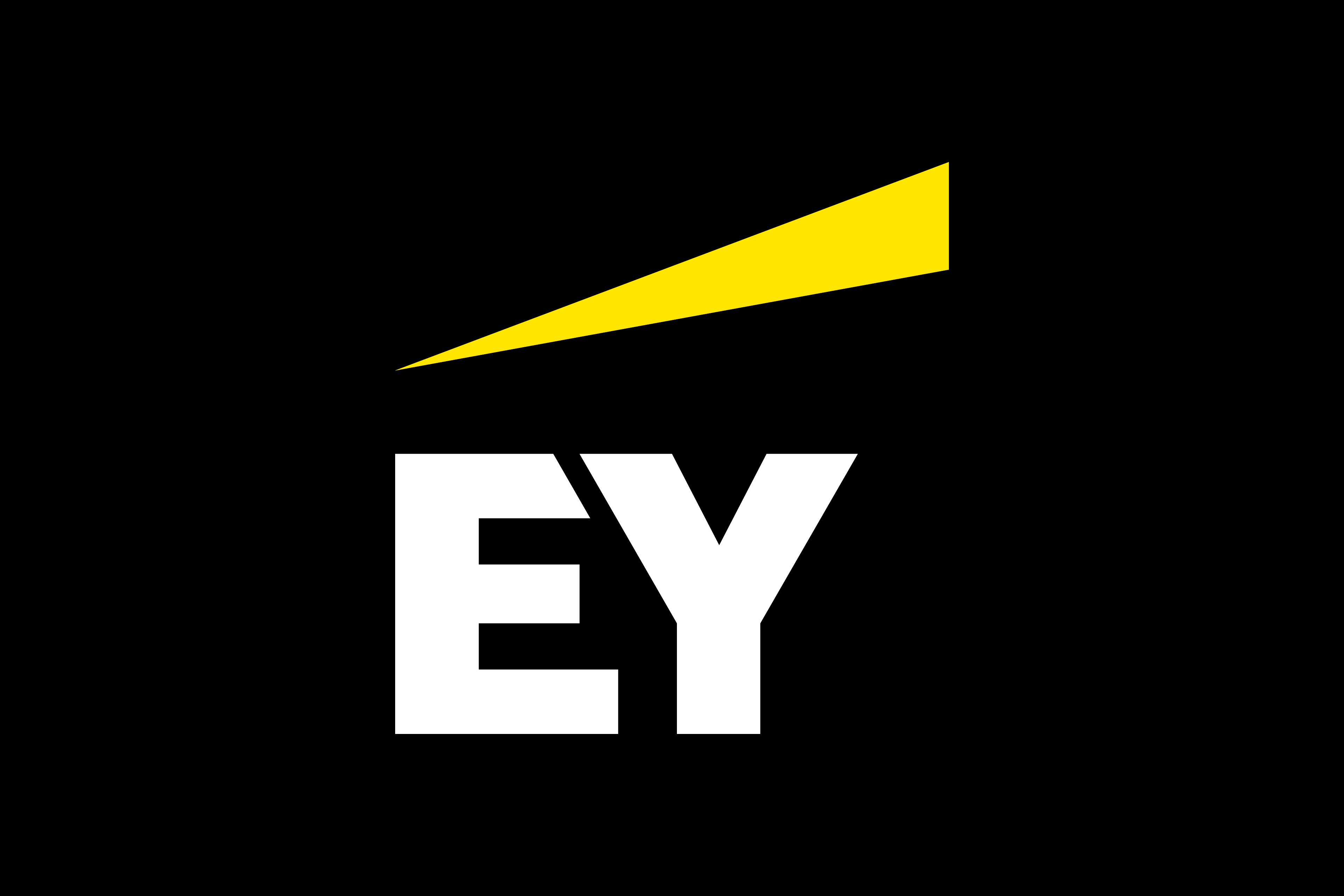EY refers to the global organization, and may refer to one or more, of the member firms of Ernst & Young Global Limited, each of which is a separate legal entity. Ernst & Young Global Limited, a UK company limited by guarantee, does not provide services to clients.

On 29 June 2023, the Court of Justice of the European Union (CJEU) has issued its long anticipated judgment in the Belgian case, Cabot Plastics Belgium (C-232/22). This concerns another case on the notion fixed establishment for VAT purposes, which is of importance to determine among others the place of supply for VAT purposes as well as the person liable for the payment of VAT.
Based on earlier judgments of the CJEU, VAT authorities in various EU Member States, including Belgium, increased their focus and identified more often fixed establishments in their respective countries. In Belgium there have been multiple cases where Belgian group companies performing toll manufacturing services for their foreign principals were audited and where the Belgian VAT authorities took the position that the Belgian toll manufacturer constitutes a fixed establishment of the principal.
Cabot Plastics Belgium concerns such toll manufacturer rendering services to its Swiss principal. In line with the B2B main rule for services Cabot Plastics Belgium has issued invoices without Belgian VAT to the Swiss principal (Cabot Switzerland GmbH) for these toll manufacturing services. The Belgian VAT authorities however disagree and take the view that Belgian VAT should have been applied on these invoices because of the fact that Cabot Switzerland GmbH would possess of a fixed establishment – through its group company Cabot Plastics Belgium – in Belgium, and that fixed establishment would be the actual recipient of the toll manufacturing services.
The position of the Belgian VAT authorities is based on the fact that Cabot Plastics Belgium is using its equipment and personnel for the manufacturing of goods exclusively for Cabot Switzerland GmbH. In addition to the manufacturing, the Belgian VAT authorities also take the view that Cabot Plastics Belgium intervenes in the logistical operations and other services with respect to the sales that Cabot Switzerland GmbH is performing in Belgium. These services include the storage of the goods, technical and quality checks, etc. The role of Cabot Plastics Belgium is therefore going beyond the typical role of a toll manufacturer, according to the Belgian VAT authorities.
When looking at the definition of a fixed establishment, the Belgian VAT authorities are of the opinion that the technical resources in Belgium, including the production plants, distribution center and storage space, which are owned by Cabot Plastics Belgium, are put at the disposal of Cabot Switzerland GmbH as Cabot Plastics Belgium is working based on the instructions obtained from the Swiss principal. Following the Berlin Chemie case (C-333/20) of last year it has indeed been confirmed that the technical (and human) resources should not be owned by the foreign company. It is sufficient if it can possess of these recourses as if it were its own means. As regards the human resources, the Belgian VAT authorities indicated that also the personnel of Cabot Plastics Belgium, responsible for receiving the raw materials, performing the quality checks, preparing the orders, etc., is put at the disposal of Cabot Switzerland GmbH.
Another important aspect of the Berlin Chemie case was that “the same means cannot be used to both provide and receive the same services”. If this reasoning is applied to the Cabot case, the logic conclusion would be that on the toll manufacturing services no Belgian VAT can be applicable as it would entail that Cabot Plastics Belgium (in its capacity as toll manufacturer established in Belgium) would be supplying the toll manufacturing services to itself (in the capacity of fixed establishment of Cabot Switzerland GmbH), which is impossible.
In the Cabot case, the CJEU has ruled that Cabot Switzerland GmbH does not possess of a fixed establishment in Belgium. The reasoning includes the following points:
- The fact that the toll manufacturing services are rendered exclusively for Cabot Switzerland GmbH does not trigger a fixed establishment in Belgium. The supplier (Cabot Plastics Belgium) remains responsible for its own resources and supplies the services at its own risk. The agreement in relation to the toll manufacturer services, even though exclusive, does not entail that these resources become the resources of its client (Cabot Switzerland GmbH). The additional services that are rendered by Cabot Plastics Belgium do not alter this position.
- The toll manufacturing services should be distinguished from the sales by Cabot Switzerland GmbH. These services and the sales of goods constitute separate transactions for which a different VAT treatment applies.
- The same means cannot be used to both provide and receive the same services (confirmation of point 54 in the Berlin Chemie case). The Court also mentions that it is not possible to distinguish the means used by Cabot Plastics Belgium for the toll manufacturing services from the means used by Cabot Switzerland GmbH for receiving these services in Belgium (which was a position taken by the Belgian VAT authorities).
The CJEU concludes that the toll manufacturing services in the case at hand are received and used by Cabot Switzerland GmbH in Switzerland since this company does not have a presence in Belgium. Therefore, no Belgian VAT applies on the toll manufacturing services.
This is clearly an important decision from the CJEU as a number of discussions with the Belgian VAT authorities are ongoing for which this case is a favorable outcome for the taxable persons taking the position that they do not possess of a fixed establishment, through their toll manufacturer, in Belgium.
See also: CURIA - Documents (europa.eu)
In case you would like to discuss the outcome of this case in more detail, please feel free to reach out.



